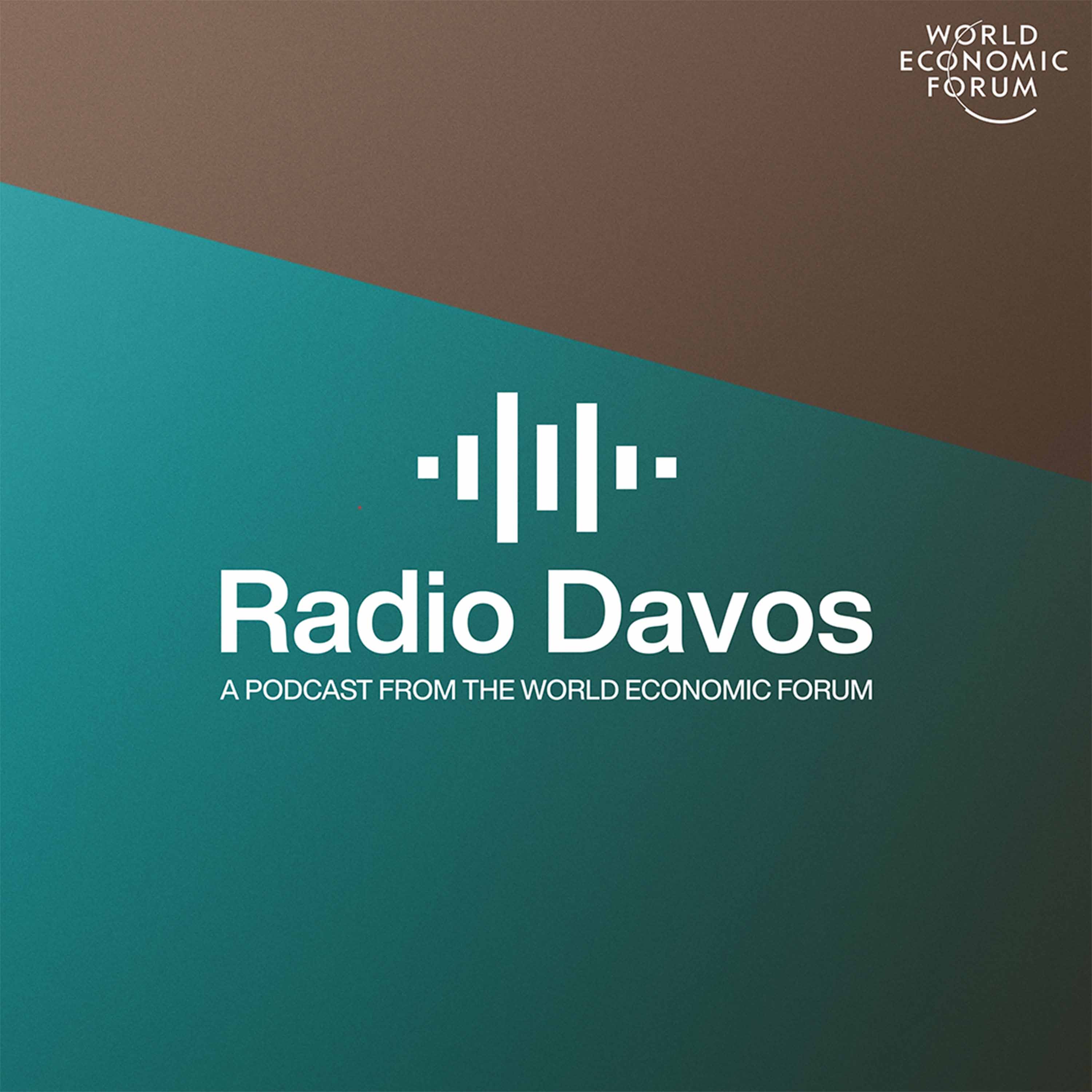

Radio Davos
World Economic Forum
How do we solve the world's biggest challenges? From climate change to inequality; the rise of big tech and rapid changes in how we live and work. Radio Davos talks to the people who have the ideas, the passion and the power to make change happen in a way that benefits all of us.
Episodes
Mentioned books

Oct 22, 2021 • 30min
Energy and climate change, with IEA chief Fatih Birol
In this COP26 special, we look at the immense challenge of making energy carbon-neutral. As the International Energy Agency records a surge in coal use and record jump in greenhouse gas emissions, its head, Fatih Birol, tells us what he wants from the climate summit. And the CEO of UK electricity market disruptor Octopus Energy says data will be the key to switching to renewables. Plus a view on COP26 and climate change from young Peruvian @InesYabar.

Oct 15, 2021 • 24min
COP26: Feed the world without destroying the climate
Food accounts for one-third of greenhouse gas emissions, so how can we make it sustainable? We talk to the author of Eating to Extinction about the risks of relying on a handful of food types, and learn how restaurants could play a big role in getting us to eat our greens. Guests: Dan Saladino, author of Eating to Extinction; Michael Oshman, founder and CEO of the Green Restaurants Association.

Oct 8, 2021 • 33min
COP26: The Ocean - why our seas hold the key to tackling climate change
Ahead of the COP26 climate summit, endurance swimmer Lewis Pugh takes us into icy - but warming - Arctic waters; UN envoy Peter Thomson calls on world leaders to act urgently to protect the ocean. And we head to the swamps of Colombia to find out why coastal ecosystems - mangroves, seagrasses and saltmarshes - are powerful allies in the fight against global warming.

Oct 8, 2021 • 58min
Bridging the digital divide
Despite the pandemic forcing a rapid digitalization of the economy, 3.7 billion people in the world still do not have internet access. Business and government leaders from around the world meet to discuss how to change this. Panellists: Paula Ingabire, Minister of Information and communications technology and Innovation of Rwanda Omar bin Sultan Al Olama, Minister of State for Artificial Intelligence, Digital Economy and Remote Work Application of the United Arab Emirates Achim Steiner, Administrator, United Nations Development Programme Tan Hooi Ling, Co-Founder, GrabRobert F. Smith, Founder, Chairman and Chief Executive Officer, Vista Equity Partners Adrian Lovett, President and Chief Executive Officer, World Wide Web Foundation Chaired by: Børge Brende, President, World Economic ForumModerated by: Adrian Monck, Managing Director, World Economic Forum Hosted on Acast. See acast.com/privacy for more information.

Oct 1, 2021 • 33min
What will climate change mean for me? A futurist's 3 scenarios
Can we avoid climate catastrophe? Salesforce 'futurist' Peter Schwartz sets out three main scenarios for the future of humanity. And US climate envoy John Kerry pops in during his travels to drum up support for climate action ahead of the Glasgow summit.

Sep 30, 2021 • 36min
How can 'Green Demand' boost COP26's impact, with John Kerry
US climate envoy John Kerry joins an in-person panel at the World Economic Forum to discuss how companies can lead the way in cutting greenhouse gas emissions. The leaders of the world's biggest shipping and cement companies, Maersk and Holcim, tell us what they are doing. Hosted on Acast. See acast.com/privacy for more information.

Sep 28, 2021 • 2min
COP26 and climate change on Radio Davos
As the world gathers for the COP26 climate summit, the weekly Radio Davos podcast looks for solutions to the crisis in areas such as energy, the ocean, forests and cities. Subscribe: https://pod.link/1504682164

Sep 24, 2021 • 28min
'Time for humanity to grow up' - a taste of the Sustainable Development Impact Summit
As UK Prime Minister Boris Johnson called on members of the United Nations to take climate action ahead of the November climate summit COP26, leaders from business, civil society and government met online at SDIS21. We get a flavour of the action.

Sep 22, 2021 • 49min
Shaping an Equitable, Inclusive and Sustainable Recovery
From the Sustainable Development Impact Summit, SDIS21, World Economic Forum President Borge Brende hosts a panel discussion looking at how the world can build a sustainable economy as we recover from the pandemic. Hosted on Acast. See acast.com/privacy for more information.

Sep 17, 2021 • 32min
Getting on the road to Glasgow: the Sustainable Development Impact Summit
We take a preview of the Sustainable Development Impact Summit where business leaders will start to set out their stalls for the climate conference in November.


